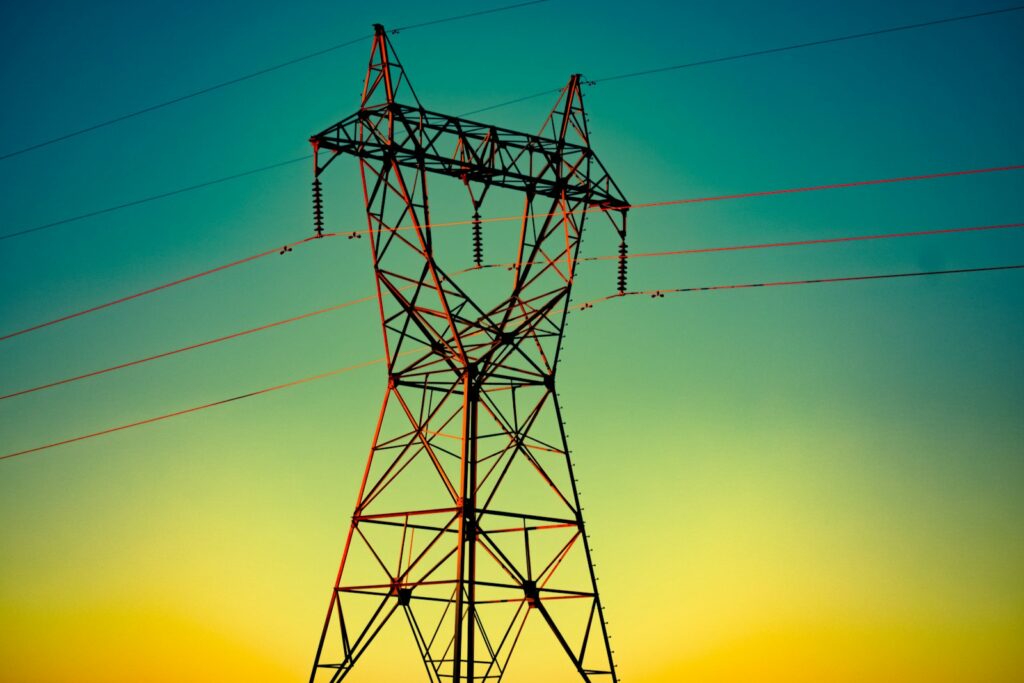If the East Antarctic Ice Sheet is allowed to melt the consequences for sea levels, and life on Earth, could be catastrophic.
The world’s largest ice sheet is at risk of collapsing if global temperatures hit 2C above pre-industrial levels, the current upper limit stipulated in the Paris Agreement on climate change.
Many environmental scientists have already warned that without a steep and swift reduction in emissions, along with efforts to mitigate the impact of greenhouse gases already released into the atmosphere, the world is on course to exceed all targets laid out in the international treaty. Should this happen, and the East Antarctic Ice Sheet (EAIS) is allowed to melt, the impact would be catastrophic, with sea levels rising by several metres in just a few centuries.
Avoiding hitting the limit would, in contrast, mean the EAIS will contribute less than half a metre to sea level changes by the year 2500. The findings, which come from a study led by Durham University involving scientists from the UK, Australia, France and U.S. which modelled the effects of various gases and temperatures on the sheet, were published in the journal Nature.
‘A key conclusion from our analysis is that the fate of the East Antarctic Ice Sheet remains very much in our hands,’ said lead author, Professor Chris Stokes of the Department of Geography at Durham University. ‘This ice sheet is by far the largest on the planet, containing the equivalent of 52 metres of sea level and it’s really important that we do not awaken this sleeping giant.
‘We used to think East Antarctica was much less vulnerable to climate change, compared to the ice sheets in West Antarctica or Greenland, but we now know there are some areas of East Antarctica that are already showing signs of ice loss. Satellite observations have revealed evidence of thinning and retreating, especially where glaciers draining the main ice sheet come into contact with warm ocean currents,’ he continued.
In March, a research team using 25-years of satellite observations concluded that glaciers in West Antarctica were melting at an accelerated rate.
Image credit: Richard Jones

















